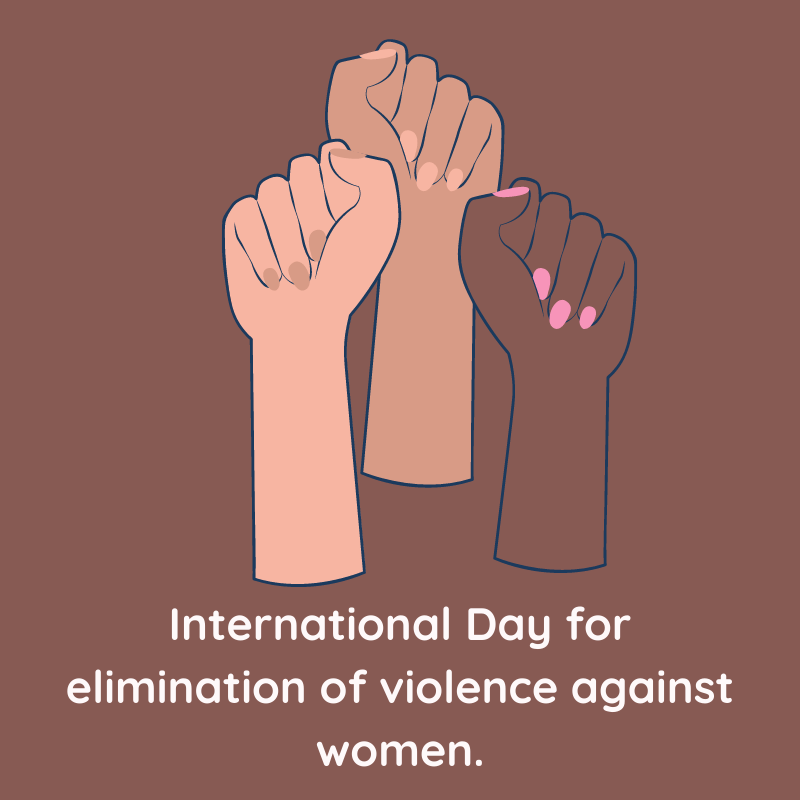✨ Support Small, Shine Big! ✨ 💌 10% off storewide with BLOOMS10 🌈
🛍️ Free AUS SHIPPING OVER $160🌻

The 25th of November marks the International Day for the Elimination of violence against women.
Gender-Based violence is sexual, physical and psychological violence. It encompasses all walks of life, from childhood marriages, female genital mutilation, intimate partner violence, human trafficking, sexual violence and harassment.
Did you know?
Helpline calls linked to gender-based violence significantly increased during the Covid-19 pandemic.
First Nations communities and cultures have suffered dramatically from the impacts of colonisation. They faced injustices, including mass killings, displacement from their lands, and relocation to reserves and missions. Cultural practices were strictly prohibited, and many were lost during the time.
Prior to being colonised, the Australian First Nations people lived in small family groups with significant territorial boundaries, linked together by larger language groups. They had complex kinship systems and rules on social interactions; in education, spiritual development and resource management, ceremonies, cultures, traditions and knowledge of their environment. Their cultures were strong and well-developed, and children were well-nurtured and protected.
Australian First Nations women were not considered inferior in Australia's pre-colonial society but were respected and played a key role in their cultures and communities. Europeans forced a male-dominated (patriarchal) system of government and society, which disadvantaged Australian First Nations women. The law deemed women not to have rights; to vote, own property, and sign contracts, which was reflected in various countries' government policies that openly discriminated against First Nations women.
Did you know Australian First Nations women are 11 times more likely to die from family violence than non-Indigenous women? First Nations women still suffer exploitation, violence and abuse. There should be critical avenues for this epidemic to be addressed with the government. They need your voice and support to speak out against gendered violence.
A brooch made in memory of my Indigenous grandmother. A portion of the sale of this brooch is donated to AWARE Singapore, a local NGO leading work on women's rights and advocating gender equality.

(Image: A brown beauty with flowing black hair on a rocking horse with a Koala as her companion)
Comments will be approved before showing up.